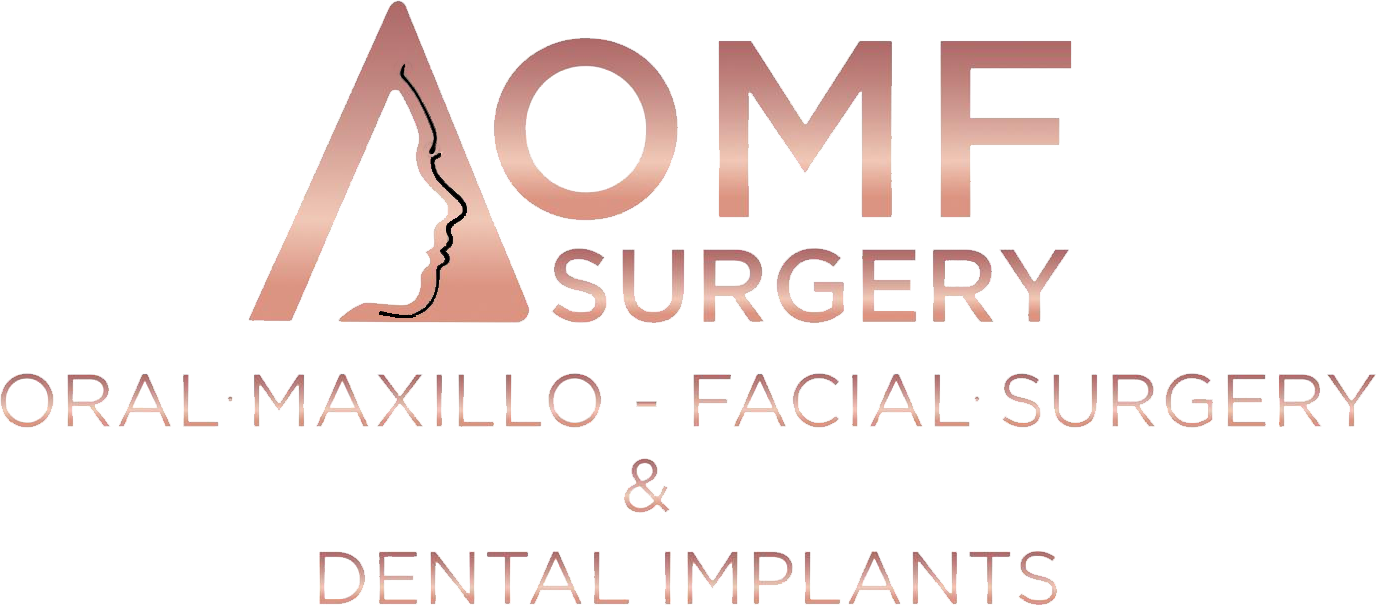Clinical Services
Temporomandibular Joint (TMJ) Disorders
Have you experienced pain in your jaw joint? Having problems opening or closing your mouth? Do you have clicking in your jaw joint or sounds in your ear? If you have ever experienced any of these symptoms, you may have a TMJ disorder.
TMJ disorders can affect daily functional activities such as eating and talking by causing pain and a limited mouth opening. They may occur alone but may be preceded or accompanied by conditions that affect the jaw muscles (Myofascial pain disorders) and parafunctional habits such as clenching or tooth grinding. These conditions are part of a larger group of disorders known as TemporoMandibular Disorders or TMD.
To find out more, make an appointment for a consultation with our specialist today.
The TMJ complex is made up of the following:
- Condyle head – part of your lower jaw
- Glenoid fossa – a space at the base of the skull where the condyle head sits in
- Articulating disc – a soft tissue disc between the condyle head and the glenoid fossa
- Muscle tendons and ligament – help to open and close your jaw
TMJ Disorders can be broadly classified as follows:
- TMJ Capsulitis/Synovitis
- Inflammation of the soft tissue attachments (Capsule or Retrodiscal Tissues) of the TMJ
- TMJ Internal Derangement
- A mechanical obstruction in the joint, normally due to a forward position of the articulating disc
- If severe, this can cause a closed lock of the jaw
- TMJ Ankylosis
- The condyle, disc and genoid fossa are fused together, resulting in the inability to open the jaw
- TMJ Hypermobility
- The ligaments holding the joint become lax or loose, which results in the jaw dislocating when one opens the mouth too wide
- TMJ Degenerative Joint Disease
- A degeneration or breakdown of the hard and soft tissues of the TMJ
- Pain and/or clicking in the jaw joint
- Limited mouth opening
- Unable to close your mouth after opening wide
- Jaw muscle pain
- Change in bite or open bite
- A thorough history and examination is first performed to ascertain the cause and severity of the TMJ disorder
- X-rays, CT scans or even MRI scans may be done for moderate to severe cases
- Management of TMJ disorders can range from conservative therapy to surgical interventions
- Conservative therapy may include medication, rest and splint therapy
- Surgical interventions are only reserved for more severe and chronic cases
